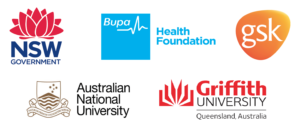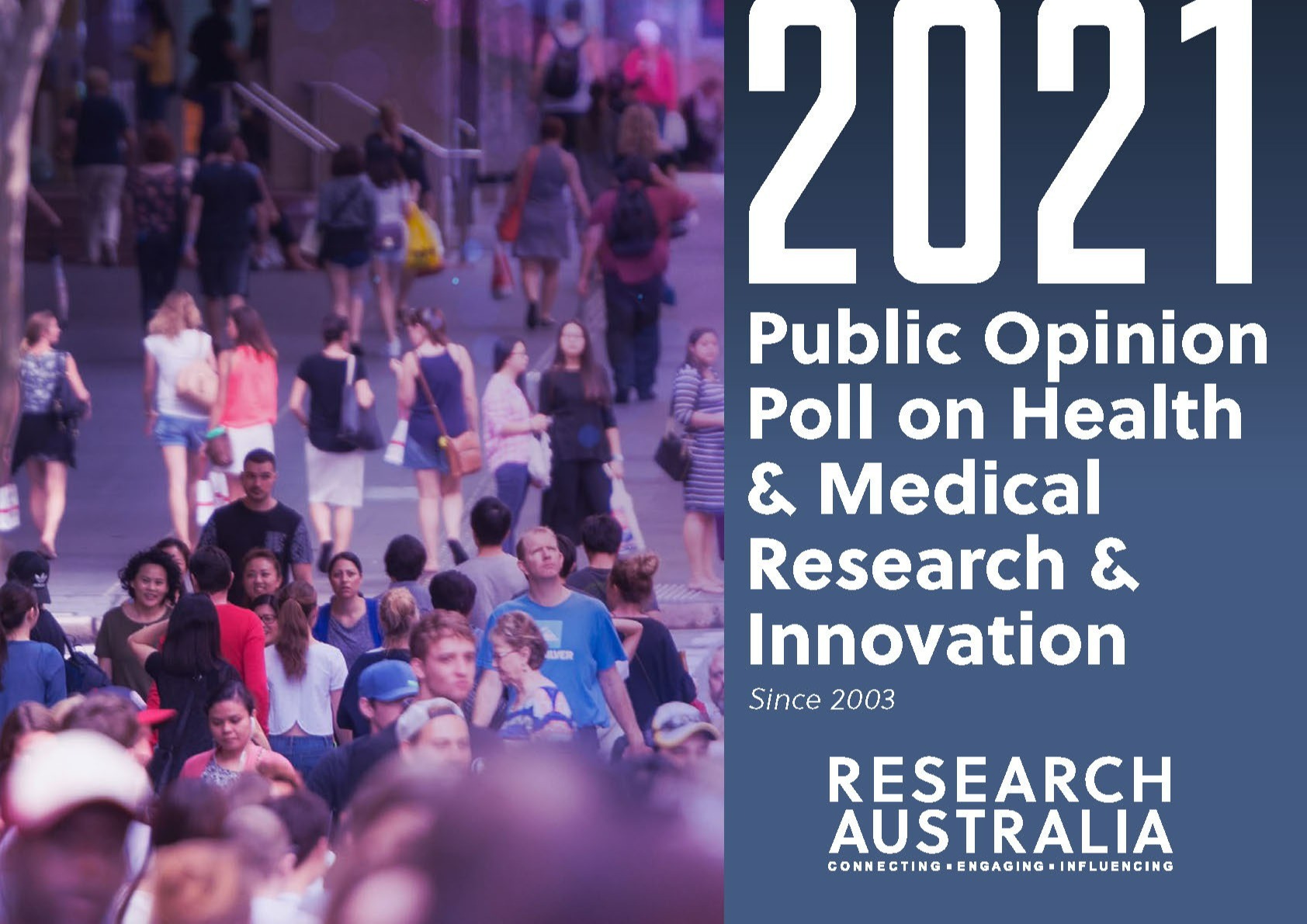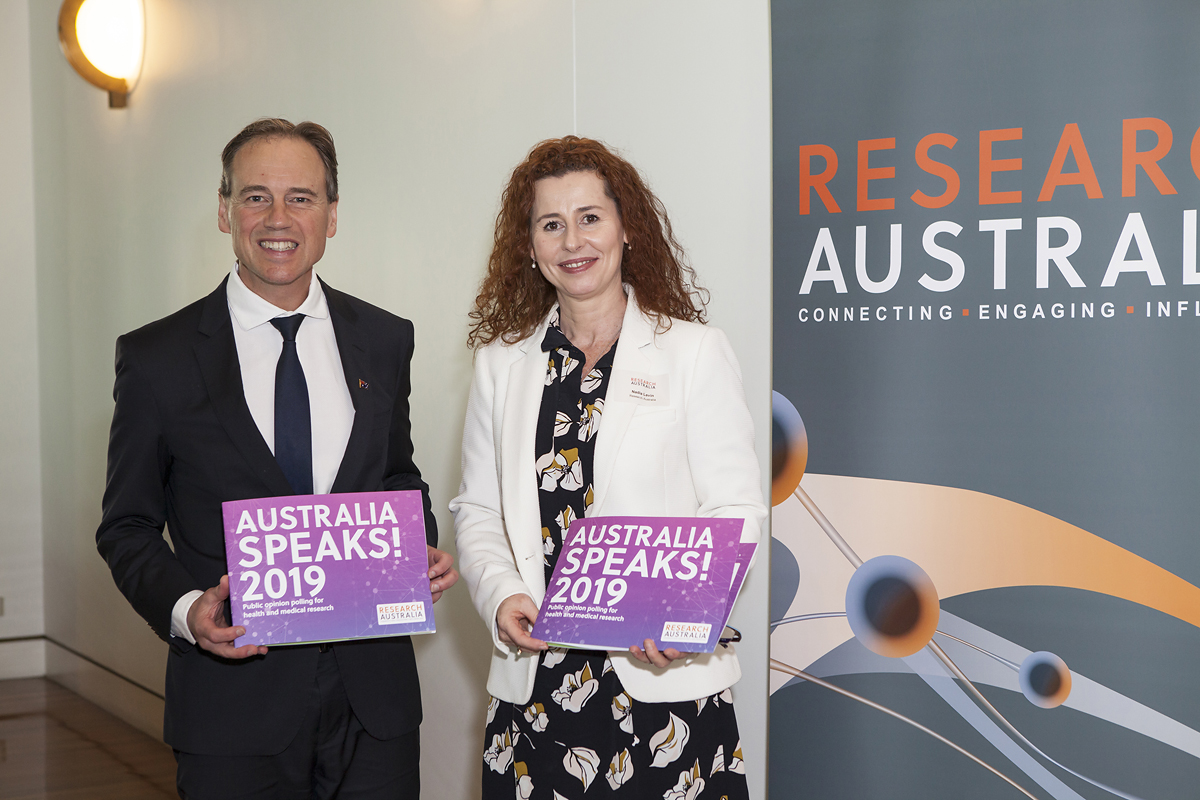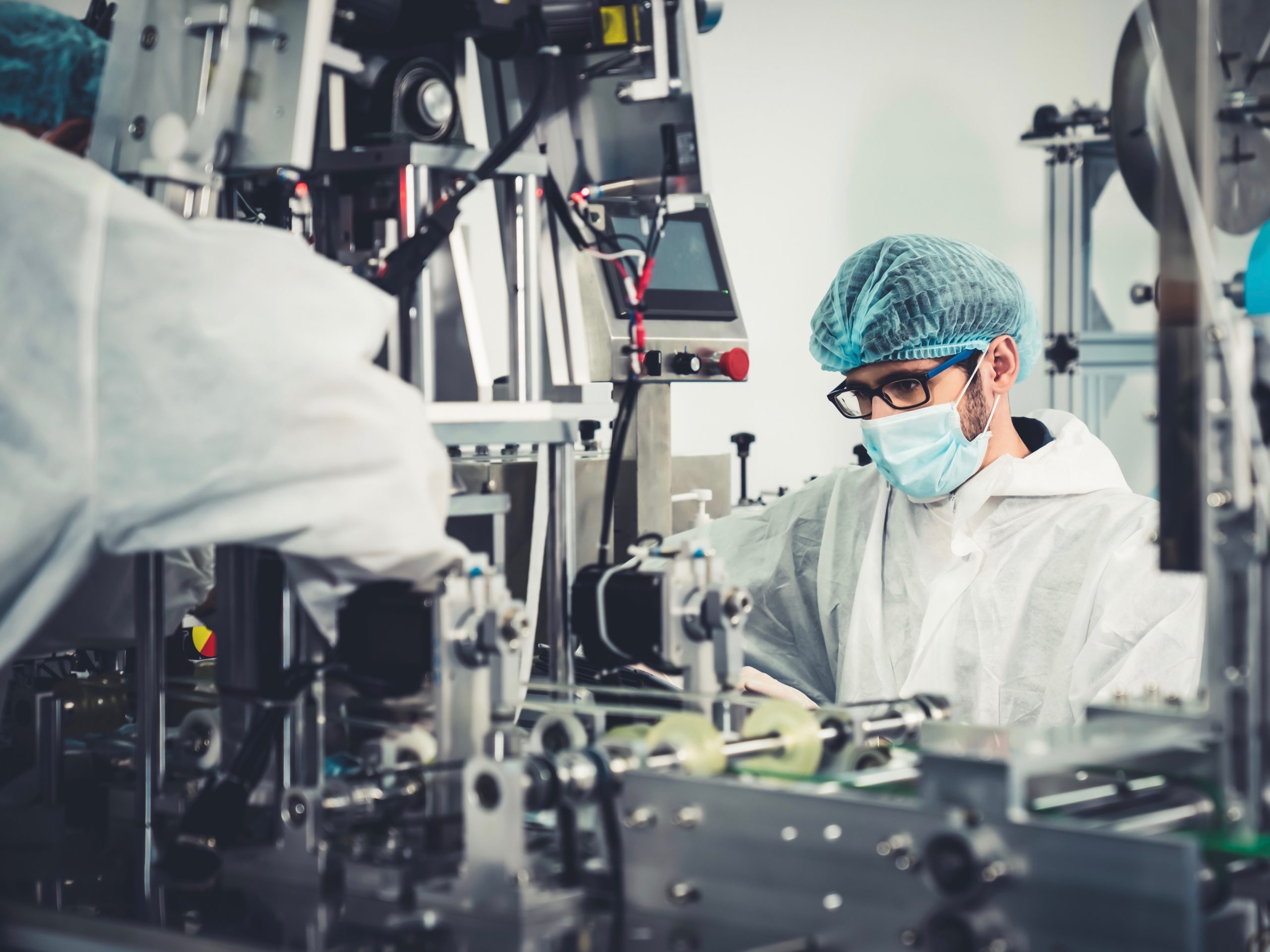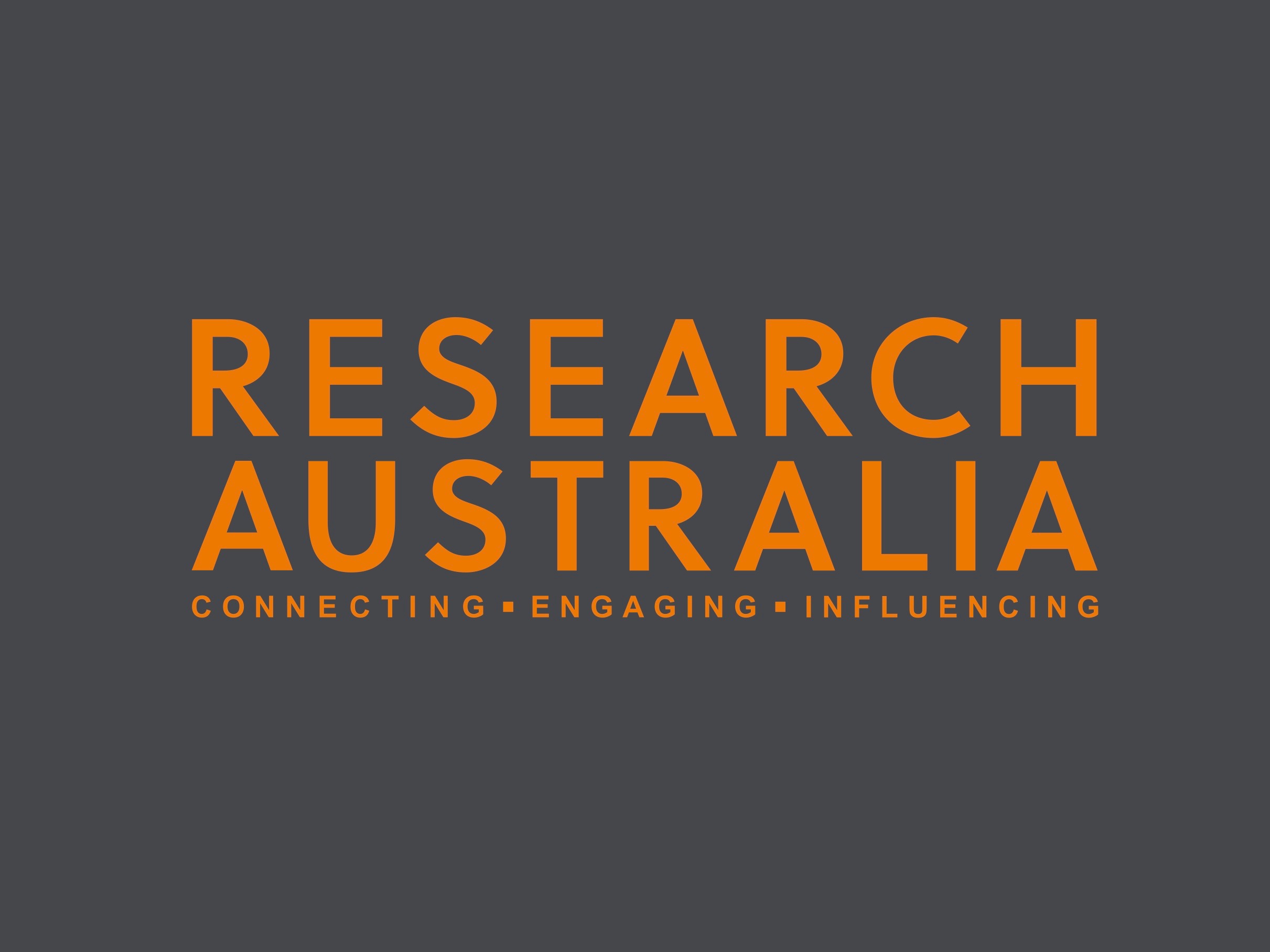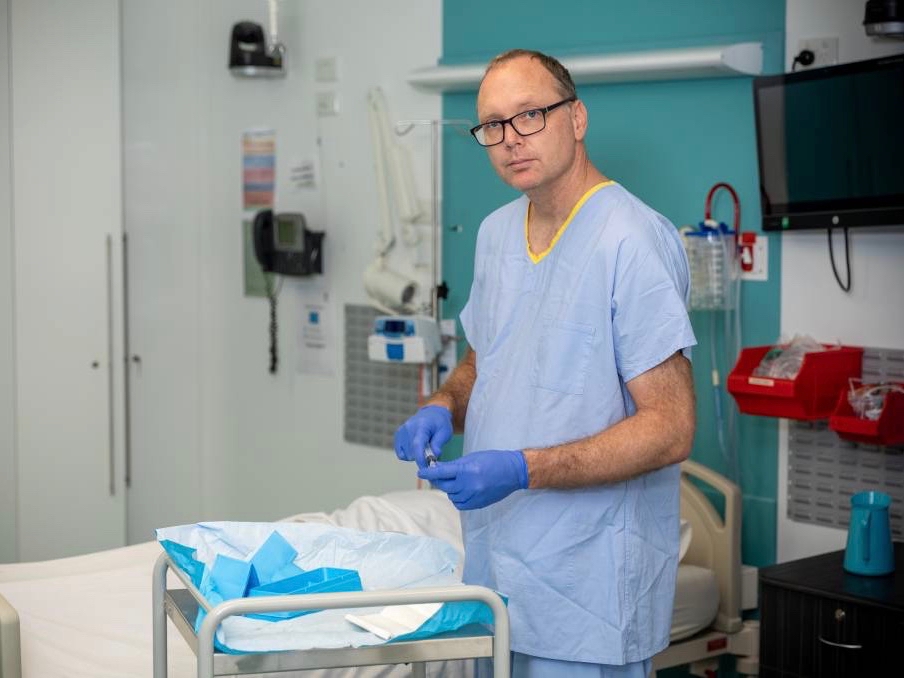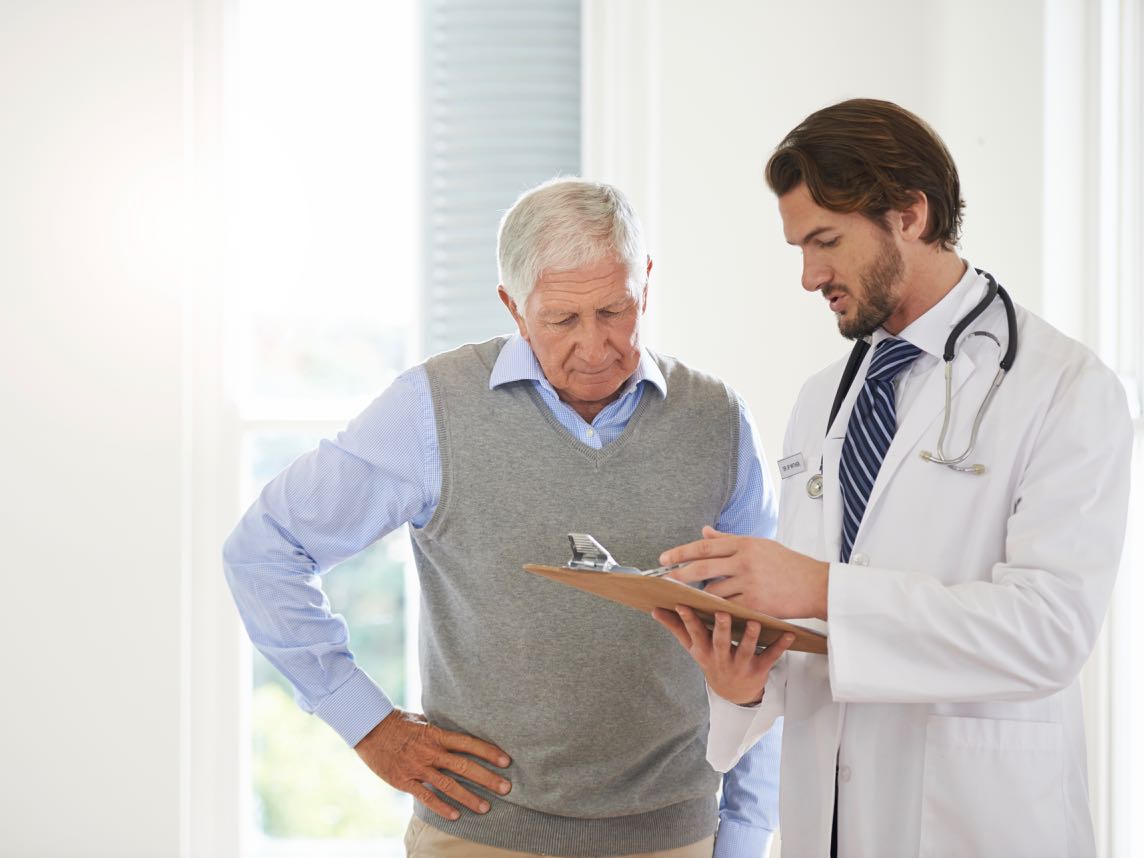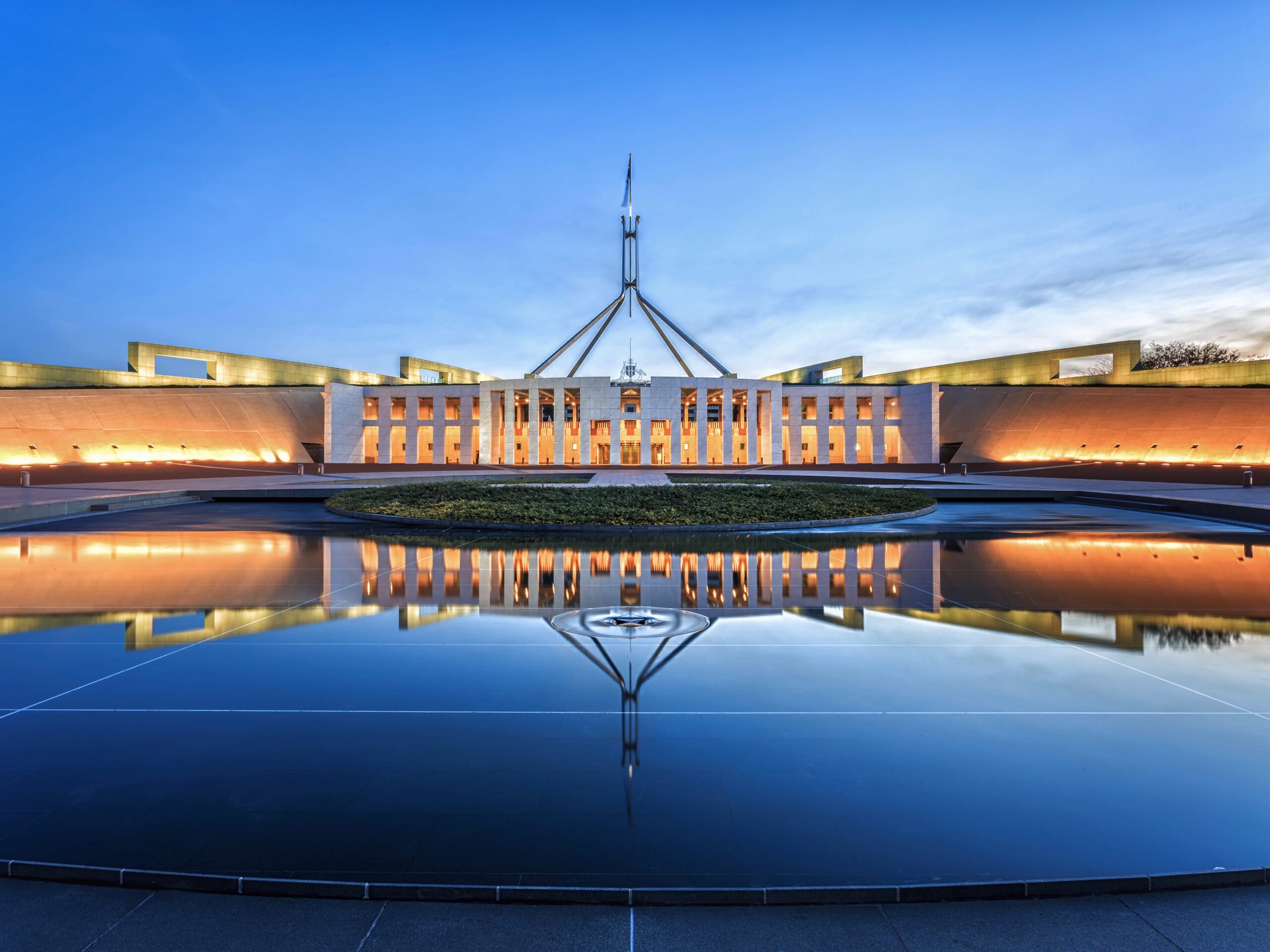14 December 2021
The country’s leading scientific minds and advocates have been recognised in Research Australia’s 18th Health and Medical Research Awards, celebrating the phenomenal researchers, doctors, and community champions who are working to transform the sector and change lives.
Researchers working to revolutionise the treatment of spinal cord injuries and slash the rate of infection in our hospitals were among those honoured, as well as the dedicated advocates and philanthropists who help make their work possible.
Research Australia CEO Nadia Levin said the standard of the finalists was a testament to the diversity and drive of Australia’s research sector and its role as a global leader in health and medical innovation.
“Australian researchers are continuously making new discoveries that transform our understanding, prevention and treatment of disease,” Ms Levin said.
“These incredible scientists have demonstrated astounding commitment to our collective human progress, while making tangible improvements to our individual health, wellbeing and health services.
“Throughout the pandemic, Australia’s health and medical research sector has ploughed on with remarkable dedication and world-leading discoveries. The pandemic has underscored the critical importance of health and medical research – the fact that we are all here today, vaccinated for a virus which was unknown two years ago, is a triumph for research collaboration and innovation.
“Research Australia is proud to advocate for the sector, marking our twentieth year of doing so. We’re honoured to celebrate the winners of this year’s Health and Medical Research Awards – an inspirational mix of researchers, advocates and philanthropists whose work is both life-changing and sector-defining.”
Federal Health Minister Greg Hunt delivered the keynote address at the event. NSW Parliamentary Secretary for Health James Griffin MP (representing Minister Brad Hazzard) presented the Health Services Research Award, the Hon Gabrielle Upton MP co-presented the Data Innovation Award and Dr Fiona Martin MP co-presented the Griffith Discovery Award. Dr Mike Freelander MP presented the Great Australian Philanthropy Award and Zali Steggall OAM MP presented the Advocacy Award.
Professor Brendan Murphy received Research Australia’s flagship award, the prestigious Peter Wills Medal, in honour of his leadership during the COVID-19 pandemic.
As the Government Chief Medical Officer, Professor Murphy provided expert advice to Australian governments that helped spare tens of thousands of Australian lives in the first wave of the pandemic and strengthened Australia’s international reputation in the areas of medical and health research. Professor Murphy continues to serve Australians today as Secretary of the Department of Health.
Dr John Parker, founding CEO of Saluda Medical, won the Frontiers Award for his leadership towards developing an innovative treatment for chronic back pain, with potentially beneficial applications for patients with Parkinson’s disease and children with cerebral palsy.
Dr Mo Chen (Griffith University) was awarded the Griffith University Discovery Award for his 3D-printed cellular nerve bridge system that creates ‘artificial’ human nerves using the patient’s own cells, potentially revolutionising treatment and recovery for more than 21,000 Australians living with a spinal cord injury.
On behalf of their family, Andrew and Jean Miller graciously accepted the Great Australian Philanthropy Award for the extraordinary generosity they have shown through the Miller Foundation since it was established in 1974. More than $100 million has been bestowed through the foundation across a spectrum of medical research, including work focused on maternal and child health, cancer, infectious diseases such as malaria, heart disease and diabetes, indigenous health, and research programs addressing socially disadvantaged vulnerable young people and children.
The Advocacy Award was presented to the Chimera Legacy Foundation, established by Damien Thompson and his parents Bob and Debbie, recognising their tremendous efforts towards raising awareness and funds for medical research and improving the experience of patients in hospital.
The Data Innovation Award – sponsored by the Bupa Health Foundation – was awarded to Dr Tracy Dudding-Byth (Hunter New England LHD) for her work using facial recognition technology to help investigate and diagnose syndromic intellectual disability.
Professor Brett Mitchell (Newcastle University) received the Health Services Award – sponsored by the NSW Government – for his leading work in infection control, including research helping to drive greater use of antiseptics to prevent infection in hospital settings.
The GSK Award for Research Excellence was jointly awarded to Professor Jamie Cooper and Professor Rinaldo Bellomo (Monash University). Professor Mark Febbraio (Monash University) was also recognised as winner of the 2020 award.
Ms Levin said that each of the award categories was competitive, and every nominee displayed remarkable achievements in their respective fields.
“On behalf of Research Australia, I would like to thank all our nominees, nominators and members for helping make this night a memorable celebration of the astounding ability and dedication within this sector,” she said. “I would also like to thank the organisations who have supported the awards, including the NSW Government, Bupa Health Foundation, Griffith University, Australian National University and GSK.” Supporting research is as important as the research itself.
For further information or interview requests, please contact Pia Akerman – 0412 346 746.
A full list of winners follows.
2020-21 Research Australia Award Winners
Peter Wills Medal: Named in honour of Research Australia’s Deputy Chairman, Peter Wills AC, a great leader whose work led to the inception of Research Australia. The Peter Wills Medal is the flagship award and recognises someone who has made an outstanding, long-term contribution to building Australia’s international reputation in areas of health and medical research and fostering collaboration for better health.
Winner – Professor Brendan Murphy, Secretary of the Department of Health.
Frontiers Research Award: Sponsored by Australian National University, this Award recognises the success of innovative health and medical research that extends existing knowledge, boundaries and/or understandings within health and medical research.
Winner – Dr John Parker, Founding CEO of Saluda Medical
Griffith University Discovery Award: This Award recognises an early career researcher (anytime from qualification but no more than 5 years past PhD) whose paper/patent/discovery has already demonstrated its importance or impact.
Winner – Dr Mo Chen (Griffith University)
Great Australian Philanthropy Award: This Award profiles personal philanthropy that is outstanding in its generosity, effectiveness, vision, high impact and transformative quality. The Award recognises and encourages personal philanthropic donations over a period of time by an individual(s) or family to Australian health and medical research.
Winner – Andrew and Jean Miller (Miller Foundation)
Advocacy Award: This Award recognises and congratulates exceptional contributions made by research champions who help raise community awareness and understanding about the importance of health and medical research.
Winner – The Chimera Legacy Foundation, founded by Damien, Debbie and Bob Thompson
Data Innovation Award: This Award recognises an individual or team whose innovation is considered to represent one of the most impactful new data innovations in the HMR sector within the past five years. Sponsored by Bupa Health Foundation.
Winner – Dr Tracy Dudding-Byth (Hunter New England LHD)
Health Services Research Award: This Award is for an individual or team who has provided leadership and made an outstanding contribution to health services research; driven research that has led to a significant improvement in healthcare; and/or has championed the development of the health services research field. Sponsored by the Victorian Government.
Winner – Professor Brett Mitchell (Newcastle University)
GSK Award for Research Excellence: One of the most prestigious awards available to Australian researchers, this prize has been awarded since 1980 to recognise outstanding achievements in medical research with potential importance to human health. This year’s Award is accompanied by a grant of $80,000 to further the winner’s research.
Winners – Professor Jamie Cooper and Professor Rinaldo Bellomo (Monash University)


